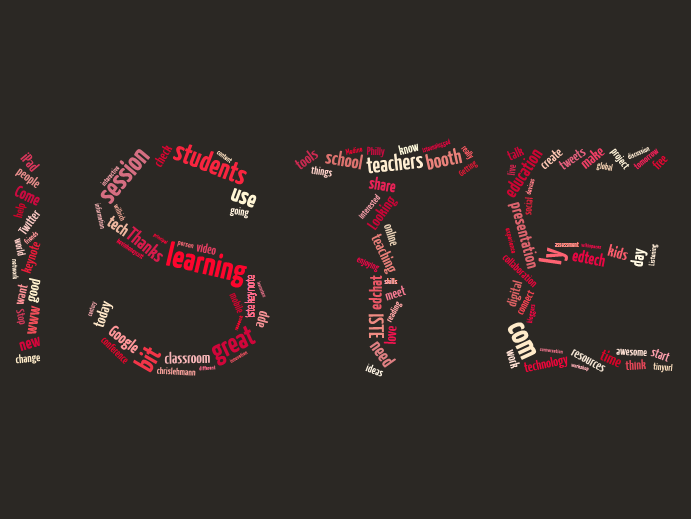"Feminism is a collection of movements aimed at defining, establishing, and defending equal political, economic, and social rights and equal opportunities for women." Source: http://en.wikipedia.org/wiki/Feminism
Under this definition of feminism, I am a feminist. I hope that many educators would count themselves as feminists under this definition. However, we still have many issues around gender equality in our education system which we need to fix.
When we spend unequal amounts of money on our sports teams, and promote the boys’ sports more than the girls’ sports, we send the message to our girls that what they do is unimportant.
When we call on the boys in our class more than the girls and encourage reflection and deeper thinking from the boys, we are implicitly telling the girls that what they think is unimportant.
When we hire disproportionally more male administrators in schools than female administrators, we tell girls that they aren’t supposed to be in charge. In BC, for example, female teachers outnumber male teachers by a 2 to 1 ratio, but are nearly evenly split at the administrative level. While this is changing, we have a long way to go. Can anyone tell me why female teachers make, on average, $4000 a year less than their male counterparts in British Columbia?
When our prescribed learning outcomes do not specifically talk about the role of media in defining gender for our society, there is little hope that we can counteract the effect of media. Fortunately, gender is discussed in our curriculum in British Columbia, all of 14 times.
It is critical that each of us who are educators, who are helping shape the role of gender in our society, publicly identify ourselves as feminists. We must actively work to break down the rigid gender roles our society defines, because one of the places change happens in our society is in education, and if the inequality between the genders persists, it will be at least partially because of our inaction.
